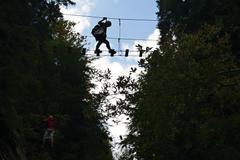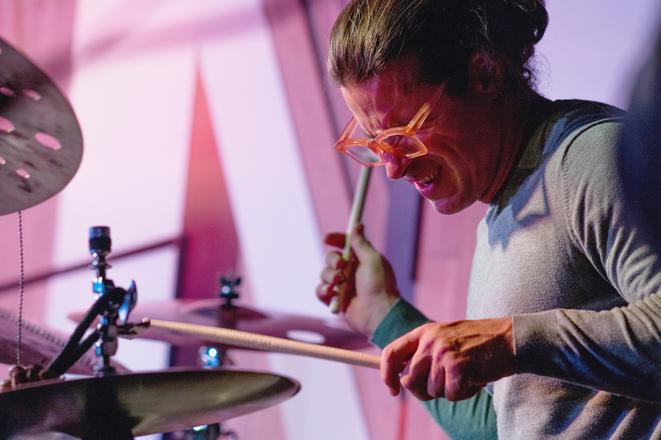Holding a jazz concert in 1960s Czechoslovakia was no simple matter.
First, you needed to convince the authorities that what you were trying to do was not subversive – after all the genre originated in the U.S.
And then more often than not it was likely to bring a run in with the secret police.
At one jazz concert musicians were taken aside by agents and reprimanded for singing in German. Luckily, they were resourceful enough to say that they were singing in “East German”. "Good for you," was the witless officers’ reply.
This is just one of many similar tales from the history of jazz in Slovakia, which has been as much about the genre’s links to people fighting oppression as the music itself.
So, what is the story of Slovak jazz?

“Good Day, Major Gagarin”
Although jazz recordings appeared in Europe sporadically before World War II, it was not until later that it really became popular on the continent.
Any concerts were more of a rare spectacle than anything else, and there were only a handful of jazz personalities more widely known.
It was the same in Czechoslovakia at the time, a prime example being Jaroslav Ježek, who became a popular jazz composer and even conducted his own orchestra playing original arrangements.



 Drummer Martin Valihora, one of the most prominent Slovak jazz musicians, performing at a concert last year. (source: TASR)
Drummer Martin Valihora, one of the most prominent Slovak jazz musicians, performing at a concert last year. (source: TASR)